In late 2016, the Australian Government established an interdepartmental committee on quad bike safety (IDC). The IDC considers coronial inquest and research recommendations on quad bike safety when developing safety initiatives.
The Attorney General’s Department chairs the IDC and it includes representatives from other government departments and agencies.
United States Consumer Product Safety Commission report on OPDs
In 2020, the United States Consumer Product Safety Commission (CPSC) tested the effectiveness of OPDs in rollover accidents.
The study compared the performance of the ATV Lifeguard and Quadbar OPDs. Tests used 6 different quad bike models fitted with OPDs and crash test dummies.
The study found that OPD use:
-
stopped most significant impacts between the quad bike and dummy in low-speed rollover accidents (without an OPD, the dummy was struck over 5 times more often)
-
resulted in fewer significant impacts between the quad bike and the dummy in moderate-speed rollover accidents.
The study reinforced that:
-
a vehicle’s design can affect how it reacts in a rollover, which is why minimum stability requirements are important
-
even with OPDs fitted, it’s always important to ride safely and wear the right safety gear.
Quad bikes in South Australia study
A Centre for Automotive Safety Research (CASR) study on quad bikes in South Australia recommended:
-
increasing the use and purchase of side-by-side vehicles, which are more stable
-
regulations to ban children under the age of 16 from riding adult-sized quad bikes
-
promoting the use of helmets
-
developing helmets that provide protection while being suitable for day-to-day work.
NSW Government research
The NSW Government funded a project to develop a consumer rating system for quad bikes.
The University of NSW Transport and Road Safety Unit (UNSW TARS) led the project.
Coronial inquests into quad bike safety
NSW inquest into the death of a 6-year-old passenger on an adult-sized bike
A child was riding as a passenger on an adult-sized quad bike, which collided with a tree. She died from fatal head injuries.
The Deputy NSW Coroner’s findings – made in May 2016 – included recommendations to:
-
make it a criminal offence for adults to allow children under the age of 16 to ride adult-sized quad bikes
-
make it a criminal offence for adults to allow children under the age of 16 to ride any quad bike without a helmet
-
amend legislation to allow police to enter private property to investigate such offences
-
introduce mandatory licensing for all users of adult-sized quad bikes
-
form a working group to consider quad bike safety.
NSW inquest into 9 deaths caused by quad bike accidents
The Deputy NSW Coroner’s findings – made in November 2015 – included recommendations for:
-
a quad bike safety rating system
-
training and licensing
-
helmet use and standards
-
operator protection devices (OPD)
-
seatbelt use for side-by-side vehicles
-
children and quad bikes
-
advertising and educational campaigns.
Qld inquest into 9 deaths caused by quad bike accidents
The Deputy Qld Coroner’s findings – made in August 2015 – considered issues about quad bike safety, including:
-
active riding
-
good mechanical maintenance
-
using correct tyre pressure
-
using helmets
-
not allowing children to ride adult-sized quad bikes
-
understanding the vehicle’s limitations.
New Zealand inquests into deaths from overturned quad bikes.
In 2019, a farm assistant died from asphyxia when a quad bike overturned and trapped her underneath.
The Coroner’s findings – made in May 2019 – recommended a cross-sector working party review:
-
the Australian Competition and Consumer Commission’s (ACCC) work in quad bike safety
-
the ACCC’s recommended safety standard.
In 2014, a farm worker was pinned underneath a quad bike when it overturned. He died from a crush injury to his chest.
The Coroner’s findings – made in 9 August 2017 – recommended:
-
a quad bike safety rating system
-
OPDs
-
forming a working group to consider quad bike safety issues in New Zealand.
The Coroner also recommended rebates and subsidy schemes for:
-
rider training
-
the purchase and fitting of OPDs
-
the purchase of alternative vehicles.
